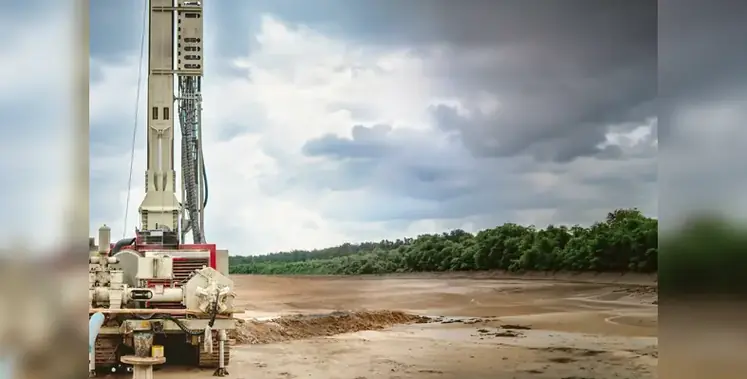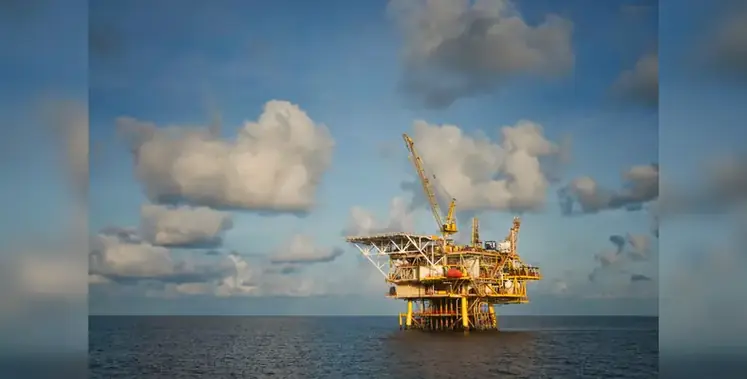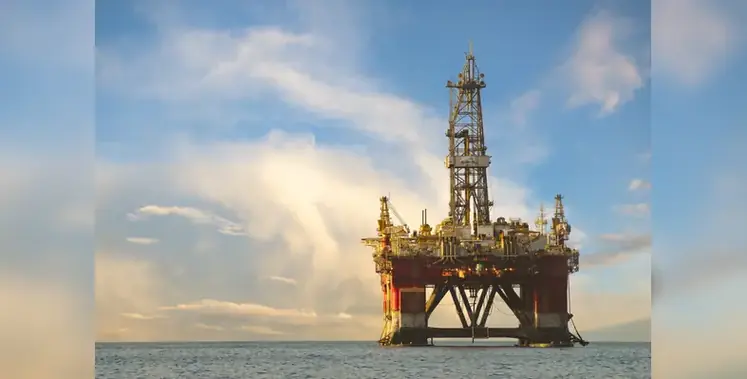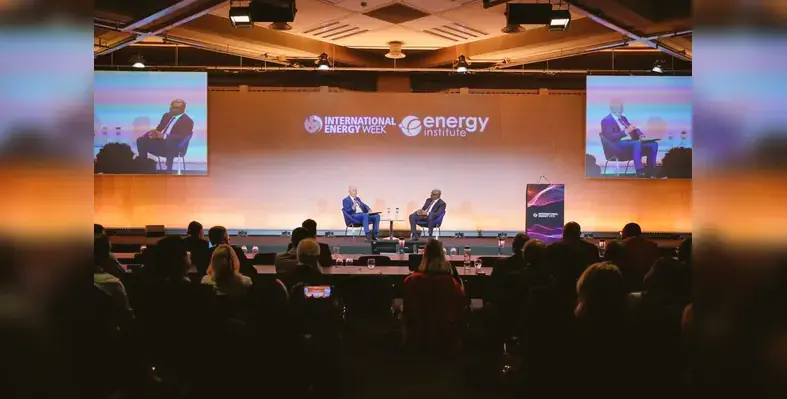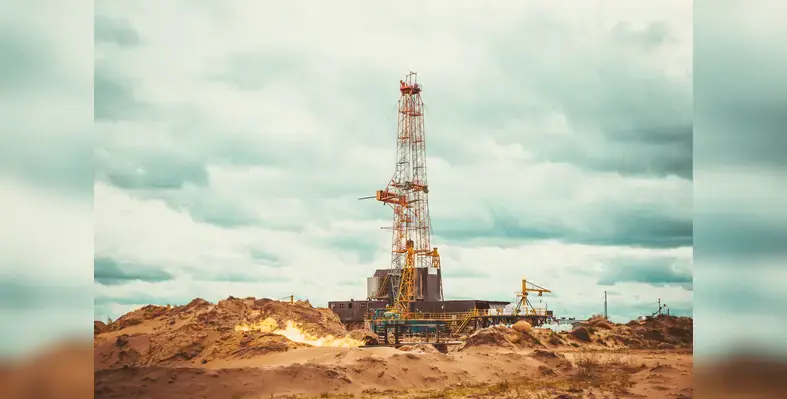Working interests in Egypt has generated US$217mn, with an anticipated production count of approximately 20,024 boepd for British exploration company, Capricorn Energy, during financial year 2025
It recorded a marginal increase above the midpoint of the guidance range of 17,000-21,000 boepd, which sets a slightly higher range for 2026 at 18,000-22,000 boepd.
The measured anticipation is guided by the necessity of two maintenance shutdowns at the Badr El Din (50% WI) facility and withstanding uncertainty from a possible shift in working interests equation on the North East Abu Gharadig (NEAG) asset.
BED and NEAG besides, Capricorn enjoys hold on Obaiyed (50% WI) and Alam El Shawish West (20% WI) as well.
The company, in discussion with partners, is prioritising BED, where development drilling and a waterflood programme have supported the maintenance of production goals. Heightened drilling activity with multiple rigs deployed has boosted gas generation from BED15-31 well from the Lower Bahariya since last October. The partners are now focusing on follow-up wells considering the advantages of the stacked reservoir system in BED and the Lower Bahariya reservoir. For the first half of the year, development drilling in BED will continue with a combination of oil producers and water injectors. The company is awaiting well sequencing, with several wells to be high-graded in a new development lease area.
Capricorn has aims to evaluate merger and acquisition opportunities as it seeks further expansion in the Middle East and North Africa region, while continuing to build presence in Egypt.
"Our focus in 2025 was to extract value from our existing assets while pursuing the integrated concession agreement with EGPC and our partners in Egypt. We drilled a total of 18 development wells across our portfolio, while fulfilling our exploration commitments, with positive results in North Um Baraka (NUMB) and South East Horus (SEH)," said Randy Neely, chief executive, Capricorn Energy.
Following the drilling of NUMB-6, the joint venture is working on acquiring a development lease in the NUMB. The SEH-6X well from the SEH concession, on the other hand, has indicated the presence of an active petroleum system, encouraging further exploiration activities.






